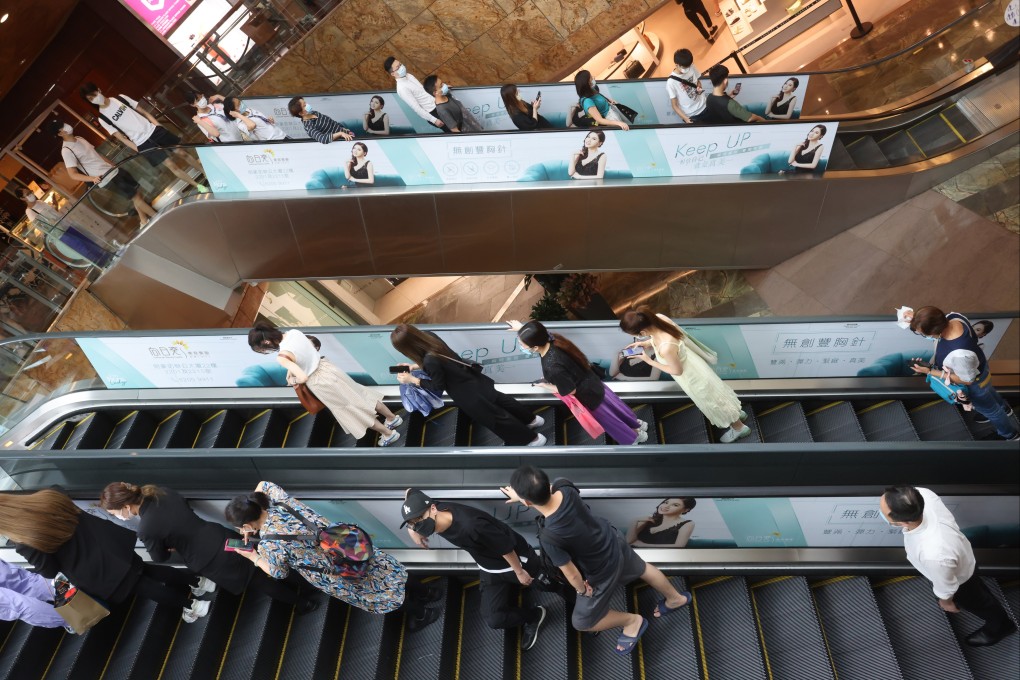HK$5,000 voucher scheme: discounts, flexibility will discourage Hongkongers from abusing drive by returning products for cash, finance chief says
- Financial Secretary Paul Chan brushes aside concerns Hongkongers may try to find a way to convert the HK$5,000 in vouchers into cash
- However, he does not rule out taking legal action against businesses found to be conspiring with customers to abuse scheme

Discounts enticing consumers to buy items they actually want, and the flexibility of spending on daily commutes will discourage Hongkongers from abusing a HK$36 billion government voucher scheme by cashing in through product refunds, the city’s finance chief has said.
Chan said he and his colleagues had noted the practical need to exchange defective goods, and authorities would refrain from imposing unnecessary barriers to prevent it. But he also warned of the legal consequences of abusing the scheme, adding that shops would be blacklisted if they were found to have breached the rules by conspiring with customers.
“If they conspire in a fraud, we do not rule out taking legal action,” he said, pointing out the four digital platforms engaged already had established mechanisms against such activities.
Chan suggested that because of the vouchers, shops would be keen to offer discounts to lure in customers, who would then buy products they actually wanted. “In other words, when one spends the voucher, it will be worth more than its actual value,” he said.
“There is also a wide range of products you can spend the voucher on. This covers clothes, food, accommodation and commuting. This is money that has to be spent anyway.”

He estimated that if the worth of the vouchers was averaged out over their usage period, the daily value would be about HK$19 – the amount one would typically pay for transport.